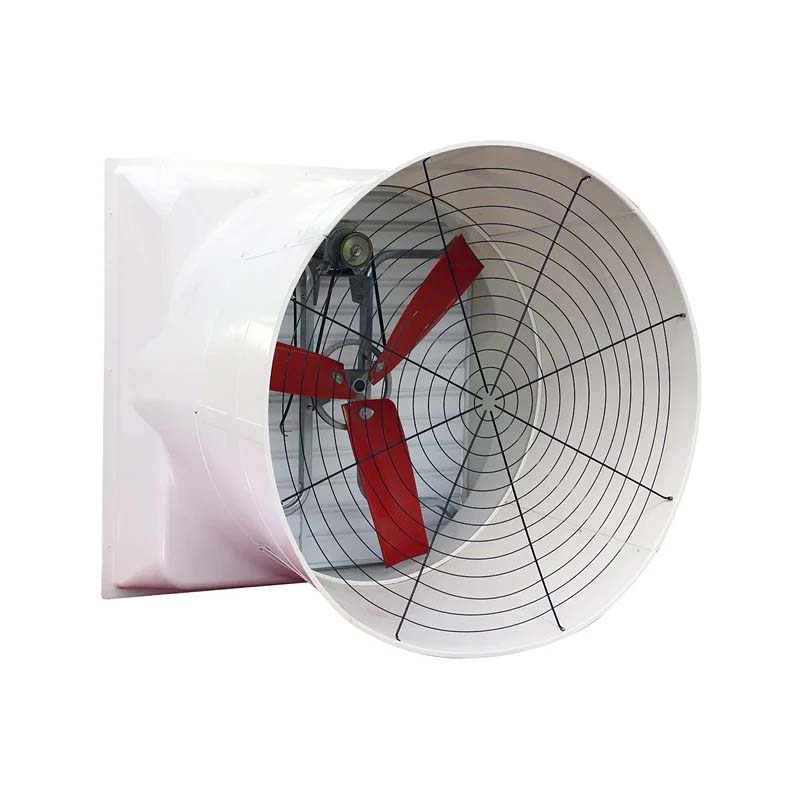Mobile Pig Shelter for Easy Farming and Animal Care
Sep . 29, 2024 00:58 Back to list
Mobile Pig Shelter for Easy Farming and Animal Care
The Portable Pig Pen A Sustainable Solution for Farmers
In the ever-evolving landscape of modern agriculture, the quest for sustainable and efficient farming practices has led to innovations that benefit both farmers and their livestock. One such innovation is the portable pig pen, a versatile solution designed to enhance pig rearing while promoting animal welfare and environmental sustainability. This article explores the concept of portable pig pens, their benefits, and their impact on farming practices.
What is a Portable Pig Pen?
A portable pig pen is a mobile enclosure tailored for housing pigs in various environments. Unlike traditional, fixed pig pens, which can limit the movement and grazing potential of the animals, portable pens allow farmers to easily relocate their livestock to fresh pastures. These pens are typically made of lightweight, durable materials such as metal or high-density plastic and are designed to be easily assembled and disassembled.
Benefits of Portable Pig Pens
- Enhanced Mobility One of the most significant advantages of portable pig pens is their mobility. Farmers can move the pens to different areas of their land, allowing pigs access to fresh grass and forage. This rotational grazing method not only benefits the pigs but also helps prevent overgrazing, promoting healthier pastures.
- Improved Health and Welfare Pigs, like other animals, thrive in environments that allow for natural behaviors. Portable pens enable farmers to create diverse living conditions for their pigs, reducing stress and preventing the spread of diseases. By giving pigs the ability to explore new areas, farmers can also ensure that they receive a balanced diet through foraging.
- Environmental Sustainability The environmental impact of livestock farming is a hot topic in today's society. Portable pig pens contribute to sustainability by minimizing soil degradation and ensuring efficient manure management. By rotating pigs through different pastures, farmers can use the animals' natural behavior to naturally fertilize the land, which enriches the soil without relying on chemical fertilizers.
- Cost-effectiveness Because portable pens can be easily moved, farmers can optimize their land use without the need for constructing permanent structures. This flexibility can lead to reduced overhead costs, as well as a lower labor requirement. Moreover, the ability to utilize different grazing areas can result in improved feed efficiency.
portable pig pen

- Adaptability to Various Conditions Portable pig pens can be adjusted to accommodate different environmental conditions and geographic locations. Whether in a small backyard or a large farm, these pens can be tailored to meet the specific needs of the livestock and the preferences of the farmer.
Implementing Portable Pig Pens
To effectively implement portable pig pens, farmers should consider several key factors
1. Space Requirements It is crucial to ensure that each pig has enough space to move around comfortably. A general guideline is to allocate at least 8 to 10 square feet per pig within the pen.
2. Design and Materials The design of the pen should prioritize the well-being of the pigs. Features such as proper ventilation, shade, and protection from predators are essential. Farmers should choose materials that are durable and easy to clean.
3. Water and Food Supply Pigs require access to fresh water and adequate food. Farmers must plan for mobile feeding and watering systems that can be easily transported along with the pen.
4. Regular Movement To reap the full benefits of portable pig pens, farmers should establish a schedule for moving the pens. Regular rotations help maintain the health of both the pigs and the pasture.
Conclusion
The portable pig pen embodies the essence of modern sustainable agriculture. By combining mobility, efficiency, and animal welfare, it offers a practical solution for farmers looking to raise pigs responsibly. As the agricultural industry continues to adapt to the challenges of the 21st century, innovations like portable pig pens will play a vital role in promoting sustainable farming practices, ensuring that agriculture can flourish without compromising our environmental integrity.
-
Hot Sale 24 & 18 Door Rabbit Cages - Premium Breeding Solutions
NewsJul.25,2025
-
Automatic Feeding Line System Pan Feeder Nipple Drinker - Anping County Yize Metal Products Co., Ltd.
NewsJul.21,2025
-
Automatic Feeding Line System Pan Feeder Nipple Drinker - Anping County Yize Metal Products Co., Ltd.
NewsJul.21,2025
-
Automatic Feeding Line System - Anping Yize | Precision & Nipple
NewsJul.21,2025
-
Automatic Feeding Line System - Anping Yize | Precision & Nipple
NewsJul.21,2025
-
Automatic Feeding Line System-Anping County Yize Metal Products Co., Ltd.|Efficient Feed Distribution&Customized Animal Farming Solutions
NewsJul.21,2025






